EgyptAir flight MS804: Mystery surrounds search for lost plane which crashed into Mediterranean
Debris spotted in sea confirmed as 'not belonging to an aircraft' as Egyptian president calls for ‘intensified search’
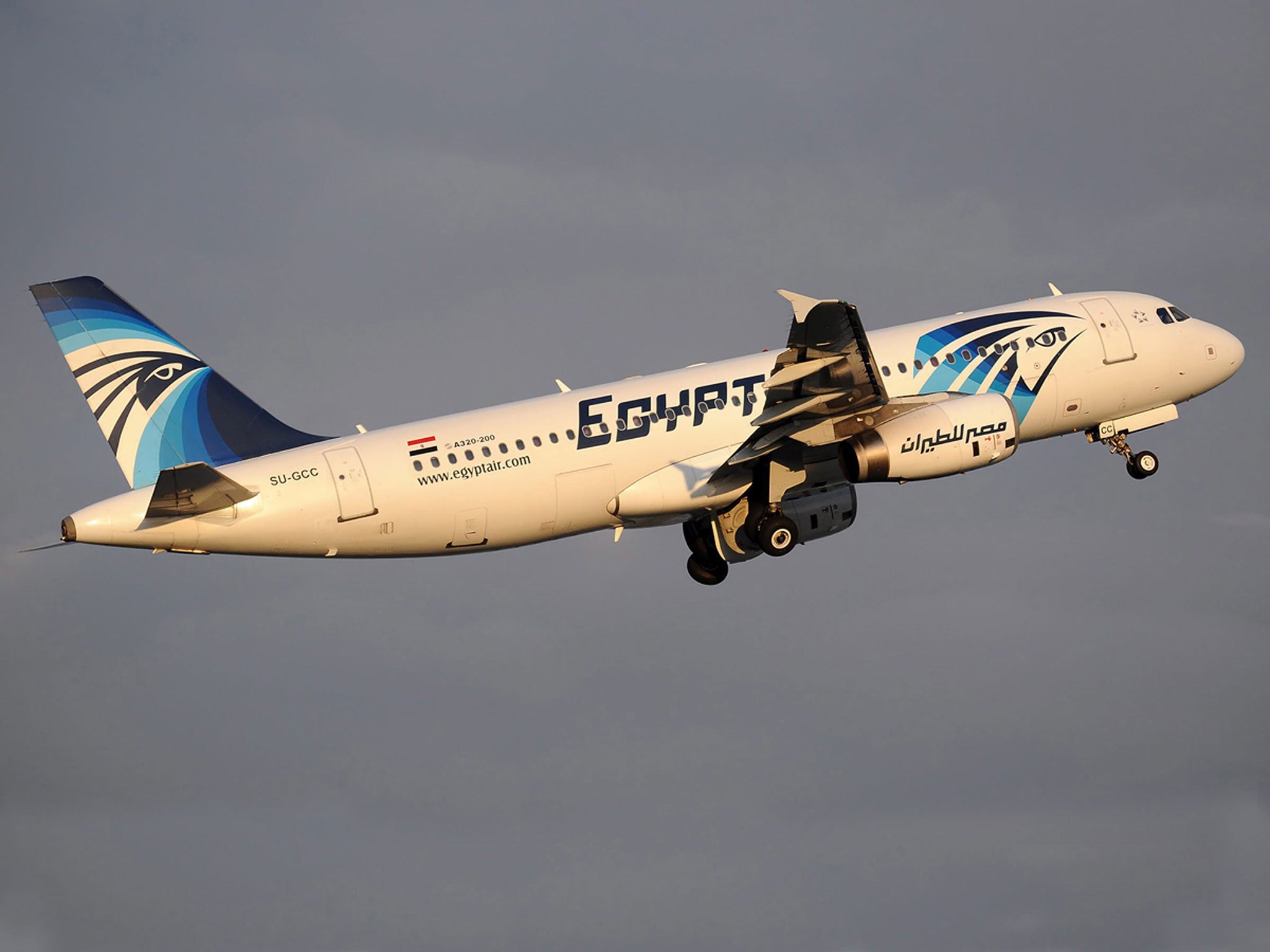
All 66 passengers and crew of a Paris to Cairo EgyptAir flight are feared dead after the aircraft spiralled off course and plunged into the eastern Mediterranean.
The cause of the disaster to EgyptAir Flight 804 was not immediately clear. An Egyptian minister suggested that a terrorist attack – either a bombing or a failed hijacking – was the most likely explanation.
The A320 aircraft went down about halfway between the Greek island of Crete and Egypt's coastline, around 175 miles offshore. There were no signs of survivors.
As night fell, Egyptian and Greek authorities searching the suspected crash area with ships and planes had yet to find any confirmed debris, at one point dismissing a reported sighting of life vests and other floating material.
Late on Thursday EgyptAir Vice President Ahmed Adel told CNN that the wreckage had not been found.
"We stand corrected on finding the wreckage because what we identified is not a part of our plane. So the search and rescue is still going on," Mr Adel said.
The plane left Charles de Gaulle airport in Paris just after 11pm on Wednesday and disappeared from radar screens at 2.37am, about 45 minutes before it was due to land in Cairo. The aircraft was carrying 56 passengers, including a child and two babies, seven crew members and three security guards.
EgyptAir said that the passengers included 30 Egyptians, 15 French citizens, one Briton and ten other nationalities.
Richard Osman was named locally as the British citizen feared missing on the flight.
Mr Osman, 40, works as the business development manager for the mining company Centamin and has a two-year-old daughter. He is believed to have been flying to work for the gold mining company in Egypt when the plane disappeared.
The geologist is reported to have family in the Swansea area, but is believed to have been living in Jersey. He is the oldest of three siblings.

Aviation experts suggested that the behaviour of the plane – veering to the left and then cork-screwing downwards to the right – was not consistent with a mid-air explosion. A merchant ship captain reported, however, that he had seen “flame in the sky” close to the last known location of the aircraft, near the Greek island of Karpathos between Rhodes and Cyprus, in the early hours of the morning.
The French president, François Hollande, said all explanations, including an act of terrorism, were under investigation. “When we have the truth we will need to draw all the conclusions,” he said. “At this stage, we must give priority to solidarity towards the families [of the victims].”
Egyptian, Greek and French aircraft and warships were combing the sea for signs of debris. Egyptian president Abdel Fattah al-Sisi called for an "intensified search" involving the country's army, navy and air force.
Crash investigation officials may be able to explain the fate of the aircraft from large pieces of wreckage – and above all from the two “black boxes” or flight recorders that were on board.
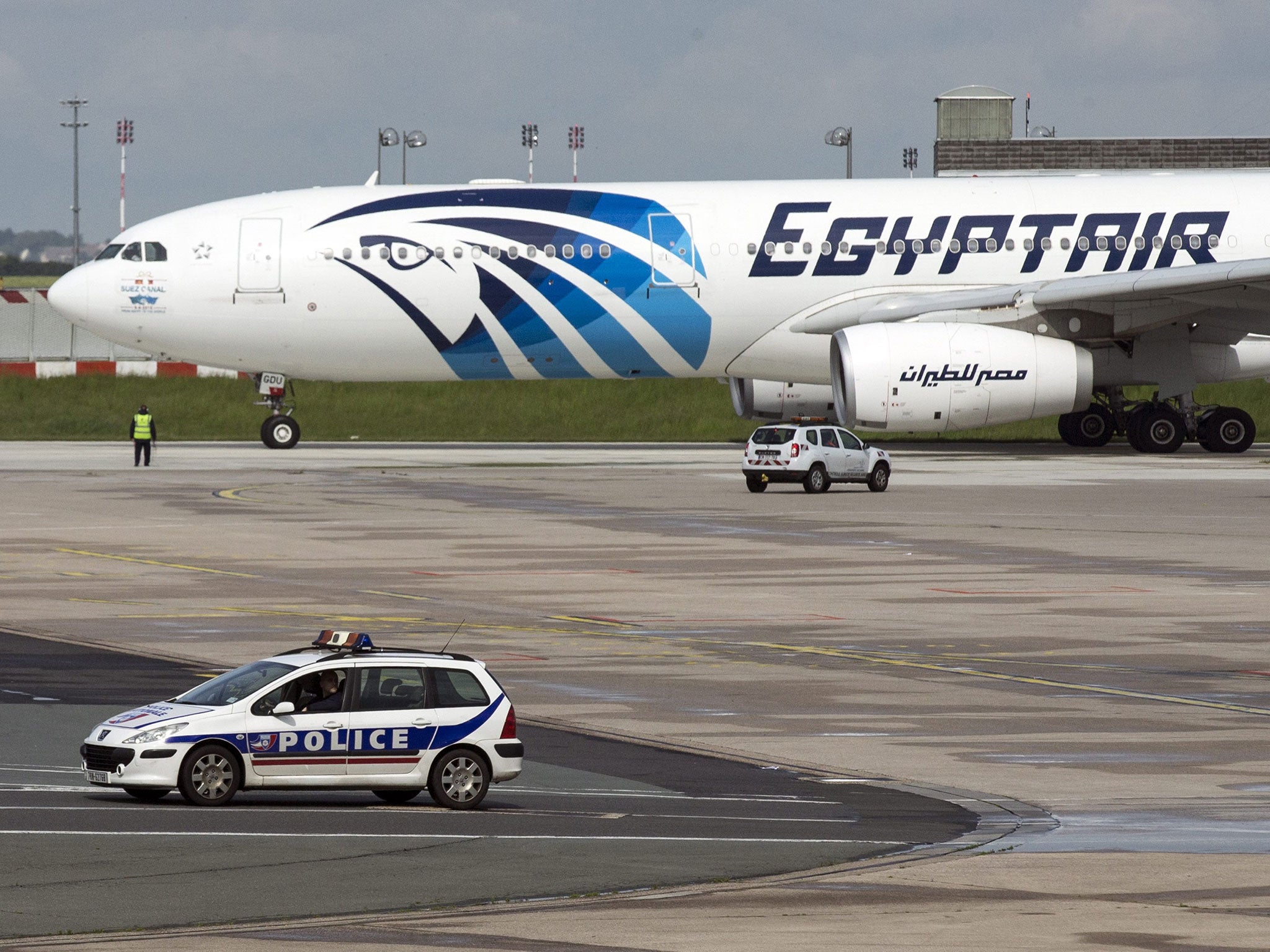
Egyptian Prime Minister Sherif Ismail said it was too early to rule out any explanation for the crash, including an attack like the one blamed for bringing down a Russian airliner over Egypt's Sinai Peninsula last year.
The Egyptian minister for civil aviation, Sherif Fathi, told a press conference in Cairo that the terrorism was a “more likely” cause for the disaster than mechanical failure or pilot error.
Officials from multiple US agencies said a review of satellite imagery had not produced any signs of an explosion aboard the EgyptAir flight so far.
The US officials, who spoke on condition of anonymity to discuss intelligence matters, said the conclusion was the result of a preliminary examination of imagery.
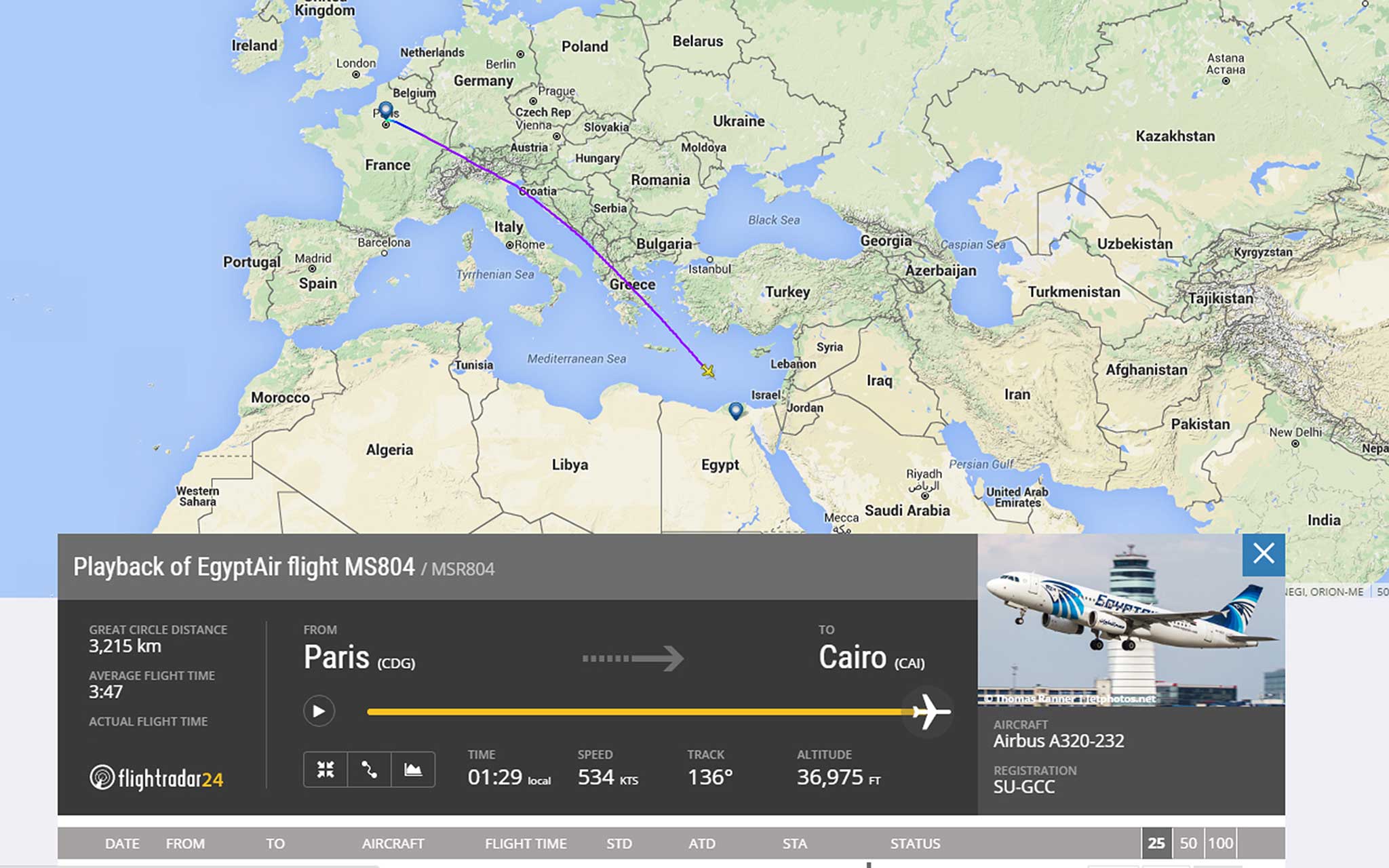
Earlier, the Greek Defence Minister, Panos Kammenos, said that the aircraft had been recorded by radar making a “90 degree turn to the left and then a 360 degree turn towards the right, dropping from 38,000 to 15,000 feet.” It was lost from screens by Greek air traffic control at about 10,000 feet.
If the plane was destroyed by an act of terrorism, French authorities will face awkward questions about security at Charles de Gaulle airport six months after the jihadist attacks in Paris which killed 130 people.
The French newspaper Le Figaro reported that urgent investigations were underway at Terminal One at Charles de Gaulle airport to decide whether there had been any lapses of security for the Cairo-bound flight. The backgrounds of all the passengers were being checked to discover whether there were any possible links with radical Islamist movements such as Isis.
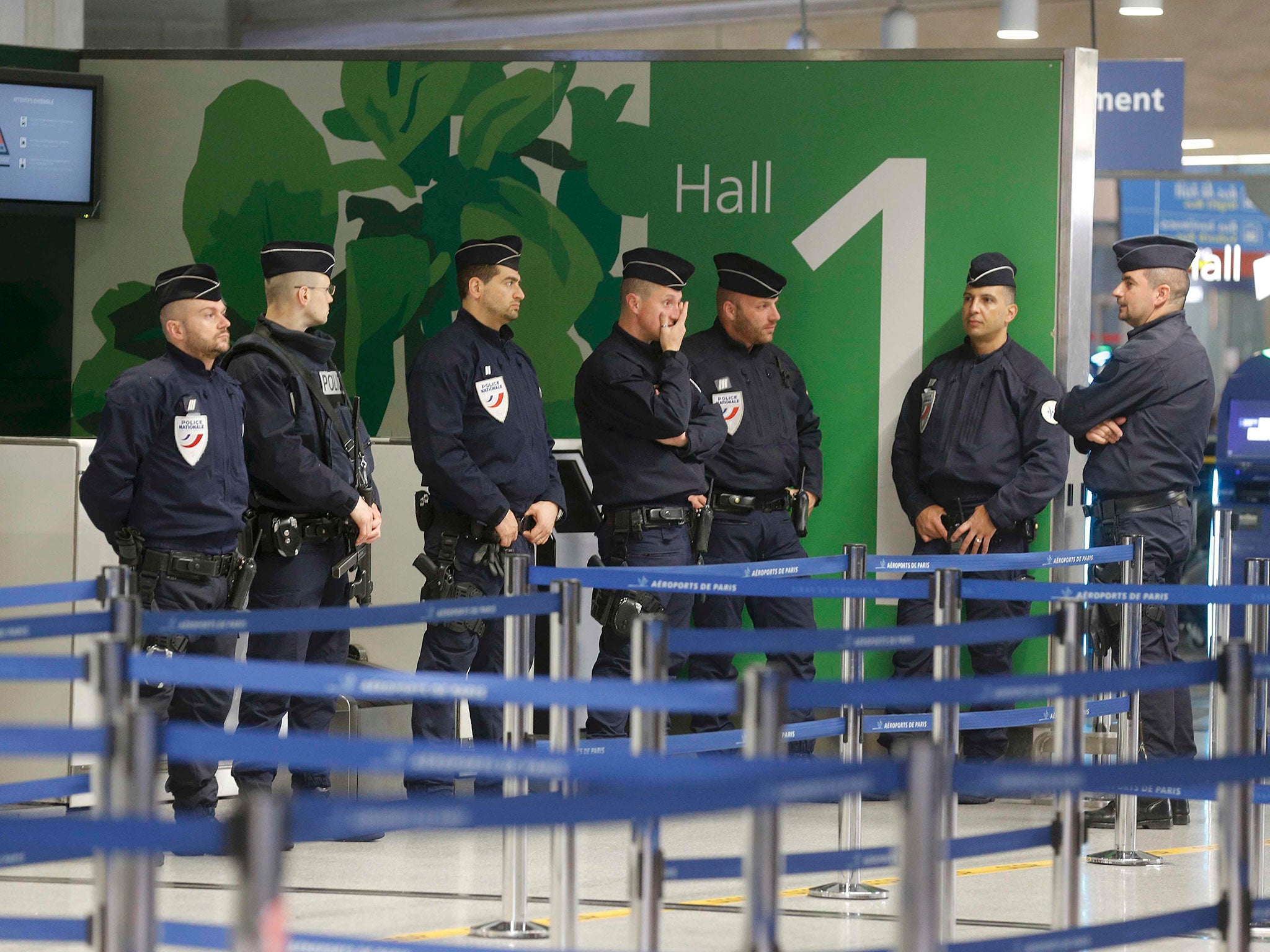
With only a month before the start of the Euro 2016 football tournament in France, any proven lapse in security at Charles de Gaulle would be deeply embarrassing for Paris. The French Prime Minister, Manuel Valls, said that, even if terrorism proved to be the cause of the crash, there was no reason to consider cancelling the tournament.
“Abandoning sporting and cultural events, and festivities of any kind, would be to give way to terrorism and violence,” Mr Valls said.
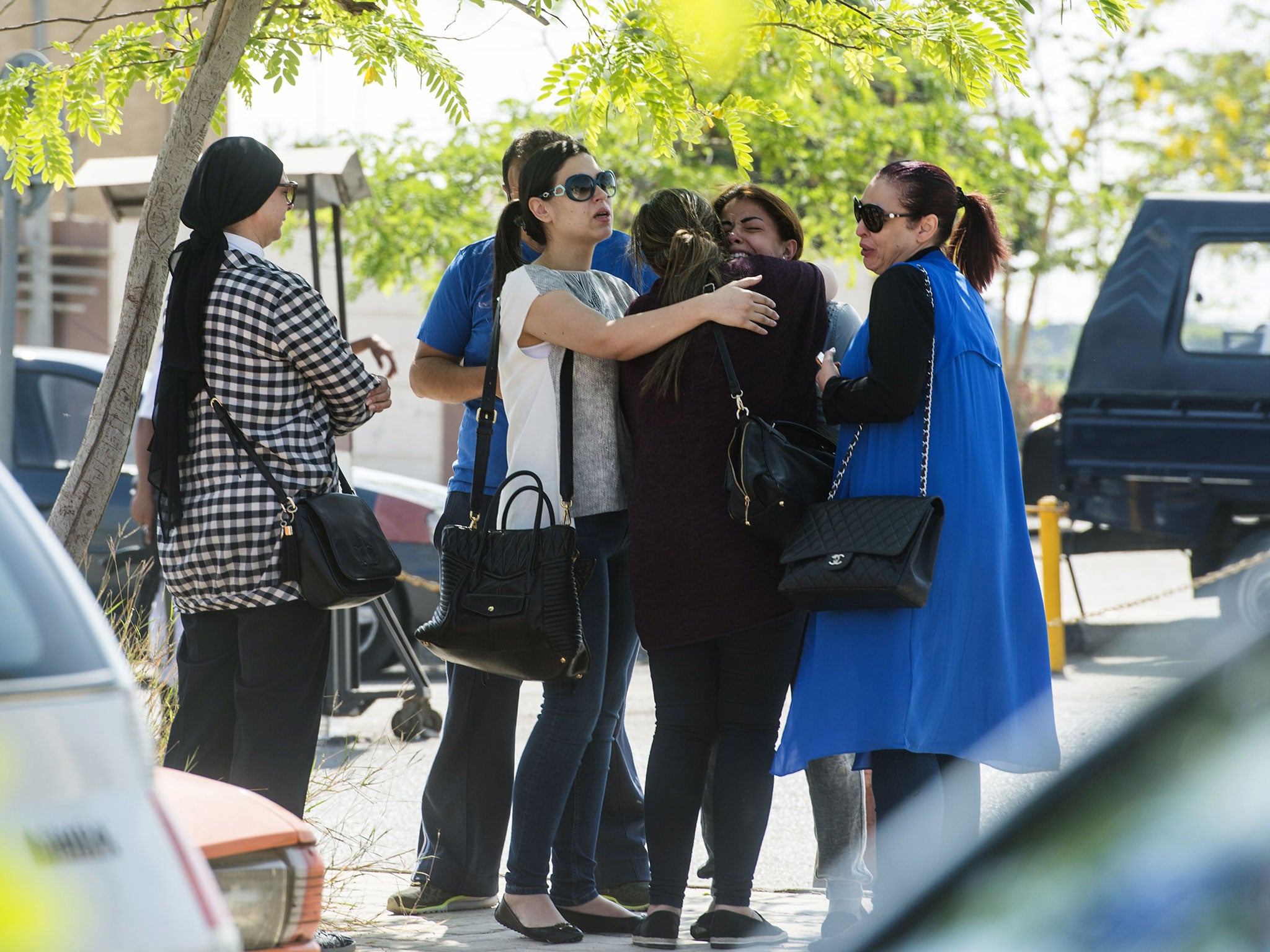

Relatives of passengers began to gather at the Paris and Cairo airports soon after news broke of the disappearance of the aircraft on Thursday morning. Egyptian airport officials called doctors to the scene after several distressed family members fainted.
At Cairo airport, authorities ushered families of the passengers and crew into a closed-off waiting area. Two women and a man, who said they were related to a crew member, were seen leaving the VIP hall where families were being kept. Asked for details, the man said: "We don't know anything, they don't know anything. No one knows anything."
Flights to and from Egypt are known to be a target for jihadist attack. A Russian-operated Airbus A321 was destroyed by by a bomb soon after leaving Sharm el-Sheikh airport last October killing all 224 people on board. An internal EgyptAir flight was hijacked and forced to land in Cyprus in March, but no one was harmed.
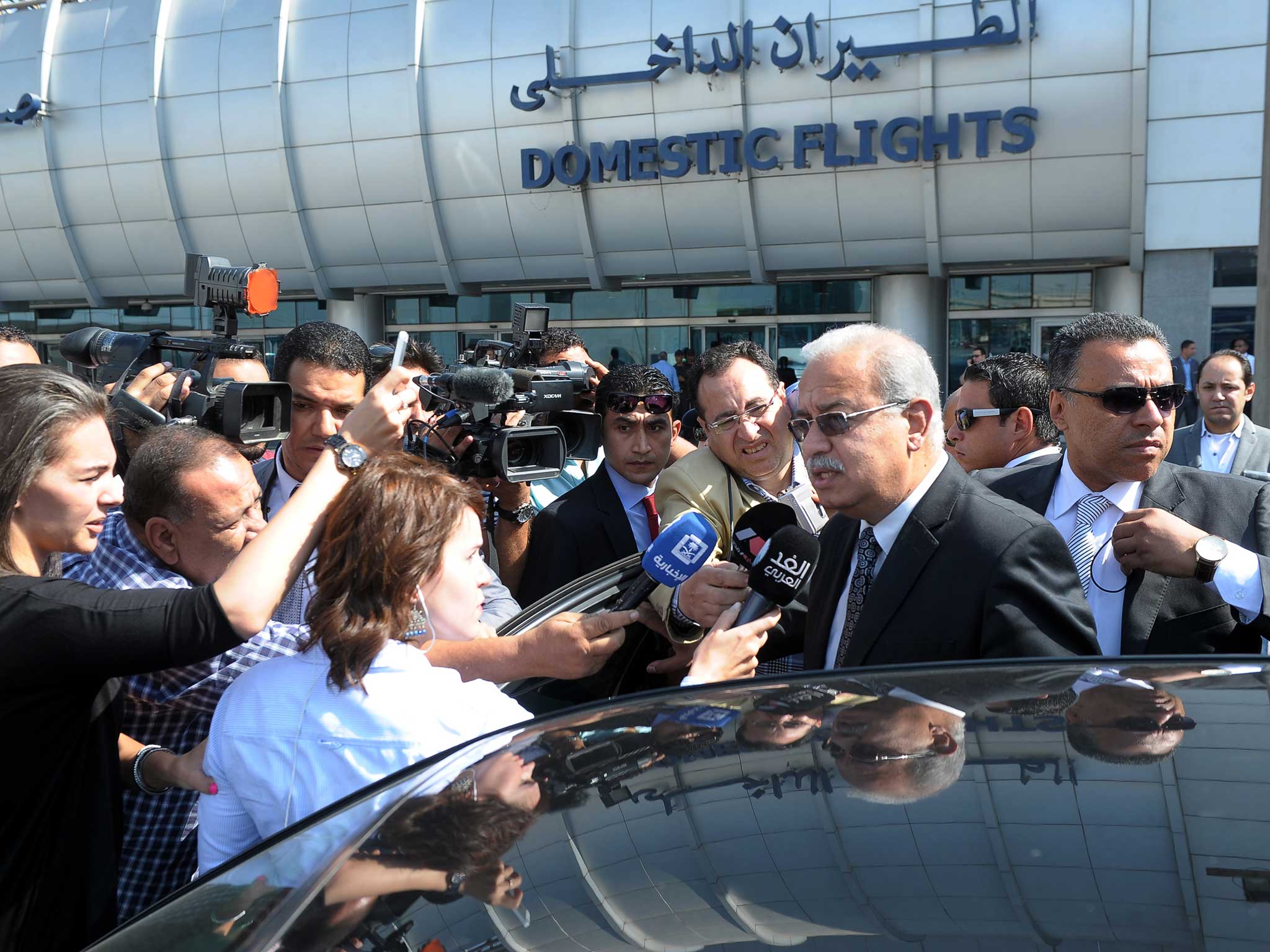
Greek civil aviation officials said their air traffic controllers were in normal contact with the pilot of Flight 804 at 2.29am (Cairo and Paris time) yesterday morning as the plane entered Egyptian air space. About eight minutes later, the aircraft vanished from radar screens.
Initially, an EgyptAir official was quoted as saying that the crew had made a distress call ten minutes before the plane disappeared. Later, the airline said that an automatic distress signal had been received – presumably from the wreckage – two hours after the crash.
Egyptian defence officials insisted, however, that no distress call of any kind had been received. French aviation experts said that this suggested that the aircraft had come to a “brutal” end, rather than suffered a technical failure.
The Airbus A320 is one of the most widely used aircraft in the world, with almost 4,000 now in service. The last fatal crash involving an A320 was in March last year when the co-pilot deliberately crashed a Germanwings flight into the French Alps.
Join our commenting forum
Join thought-provoking conversations, follow other Independent readers and see their replies
Comments